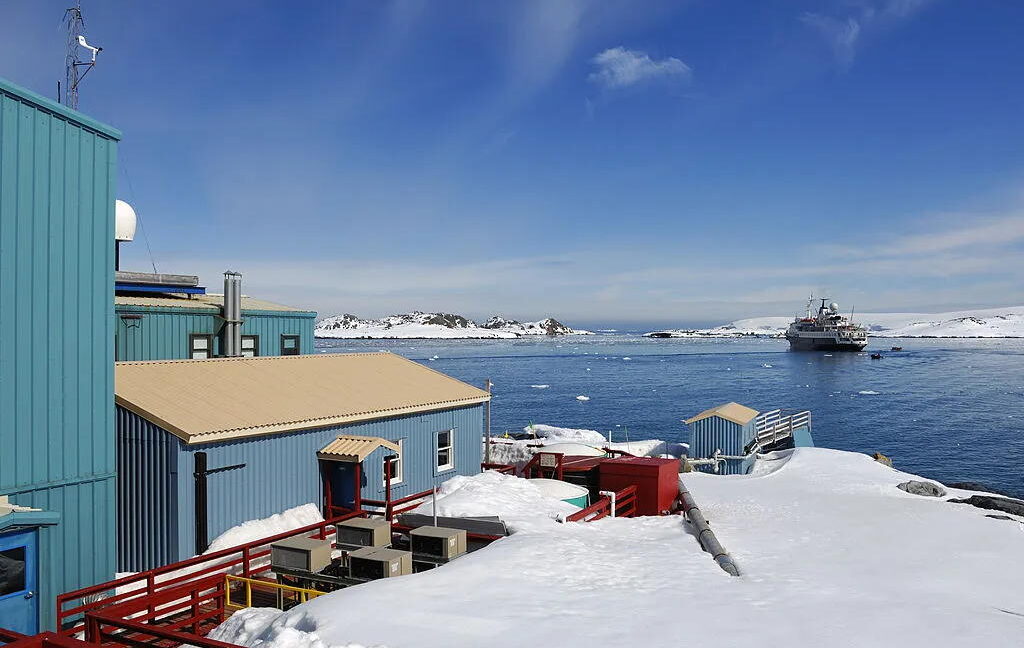Sources are also bracing for at least a 50 percent reduction in the NSF’s budget due to DOGE cuts. These cuts are sending Antarctic scientists with assistants and graduate students scrambling. “We didn’t know if we could pay graduate students,” says one scientist. While research is conducted on the continent, scientists bring their findings back to the US to process and analyze. A lot of the funding also operates the science itself: For one project that requires electricity to run detectors, the scientist “was paranoid we would not be able to literally pay bills for an experiment starved for data.” That hasn’t come to fruition yet, but as funding cycles restart in the coming weeks and months, scientists are on tenterhooks.
Sources tell WIRED that Germany, Canada, Spain, and China have already started taking advantage of that uncertainty by recruiting US scientists focused on Antarctica.
“Foreign countries are actively recruiting my colleagues, and some have already left,” says one Antarctic scientist. “My students are looking at jobs overseas now … people have been coming [to the US] to do science my whole life. Now people are going the other way.”
“Now is a great time to see if anyone wants to jump ship,” another Antarctic scientist says. “I do worry about a brain drain of tenured academics, or students who are shunted out.”
“The damage caused by gutting the [Antarctic] science budget like this is going to last generations,” says another.
Throughout DOGE’s cuts to the federal government, representatives have said that if something needs to be brought back, it could be. In some cases, reversals have already happened: The US Department of Agriculture said it accidentally fired staffers working on preventing the spread of bird flu and is trying to rehire them.
But in Antarctica, a reversal won’t necessarily work. “One of the really scary things about this is that if the Antarctic program budget is cut, then they’ll very quickly get to the point where they can’t even keep the station open, much less science projects going,” an Antarctic scientist tells WIRED. “If the South Pole [station] is shut down, it’s basically nearly impossible to bring it back up. Everything will freeze and get buried in snow. And some other country will likely immediately take over.

